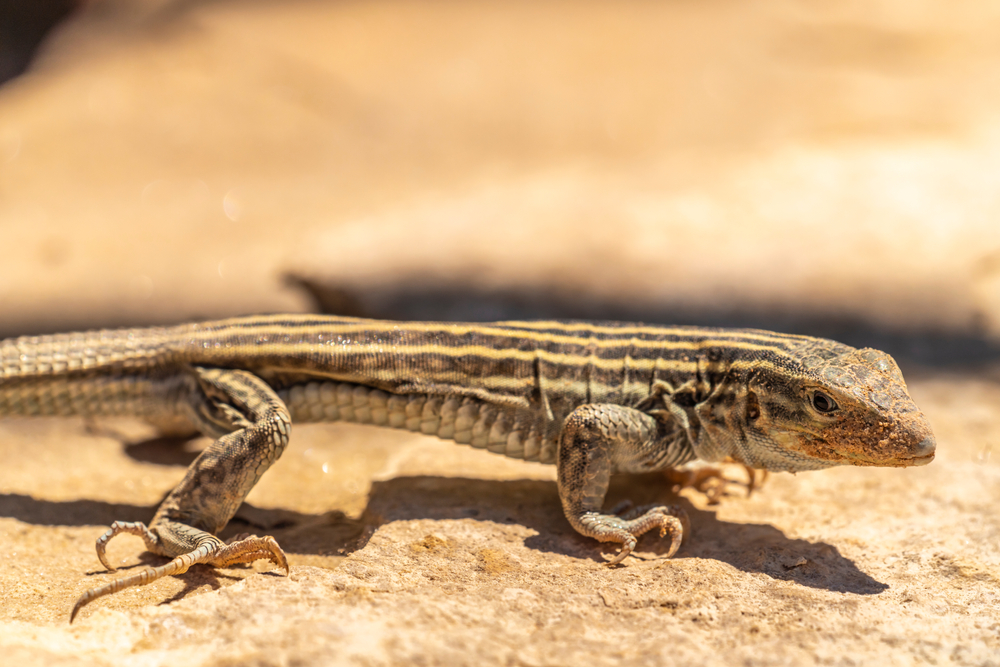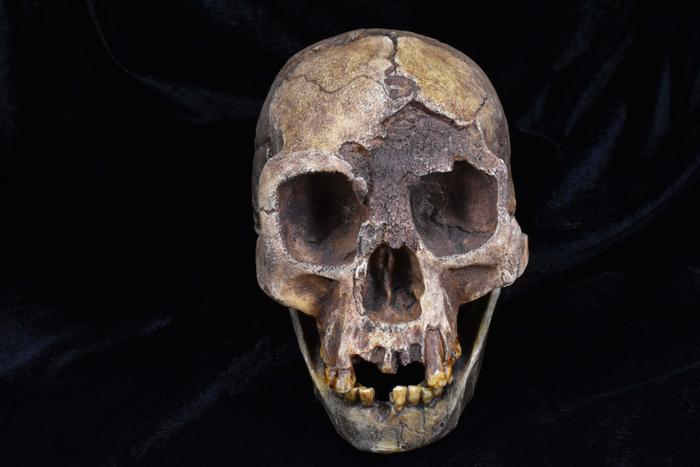Large, broad Neanderthal noses evolved to regulate the cold, dry Ice Age air and to suck in enough oxygen to meet high energy demands, according to a series of computer simulations. They were so useful, researchers have found, that when Neanderthals passed on their noses to certain humans through inter-species reproduction, the gene lived on to today.
It affects how “tall” the nose is, how long from top to bottom, and must have survived tens of thousands of years of natural selection to be detected in modern times.
“Different shaped noses may be better suited to different climates that our ancestors lived in,” says lead author Qing Li of Fudan University in a press release. “The gene we have identified here may have been inherited from Neanderthals to help humans adapt to colder climates as our ancestors moved out of Africa.”
Humans and Neanderthals shared much DNA, as we learned from the sequencing of the first Neanderthal genome in 2010. We descended from a common ancestor and remained genetic kissing cousins, after all.
Read More: Who Were the Neanderthals?
Looking for Neanderthal Genes
The new study relied on data from about 6,000 people recruited from Brazil, Colombia, Chile, Mexico and Peru, all of which submitted DNA. This was compared to photographs of their faces, which measured the distances between specific points, such as that between the tip of the nose and the edge of the lips. The study led by the University College London used special software to place 106 points on the faces, landmarks covering the eyes, nose, mouth, temples and chin.
The researchers found 33 genome regions that corresponded to facial features. One region of Neanderthal origin, ATF3, encoded the longer Neanderthal noses.
“Here, we find that some DNA inherited from Neanderthals influences the shape of our faces. This could have been helpful to our ancestors, as it has been passed down for thousands of generations,” says corresponding author Kaustubh Adhikari in a press release.
Ancient Lip Genes
In a related study from 2021, researchers relied on data from the 6,000 subjects to identify 32 modern gene regions related to facial features, including nine they declared as new discoveries.
They included a gene, TBX15, linked to the ancient Denisovan people, an early human species that lived in Central Asia and interbred with early Homo sapiens. Not all humans have this sequence related to lip shape. According to Adhikari, the lips “could have helped in body fat distribution to make them better suited to the cold climates of Central Asia.”
Read More: Who Were the Denisovans?
According to Andres Ruiz-Linares, a professor at Fudan University, in a press release, “research like this can provide basic biomedical insights and help us understand how humans evolved.”














